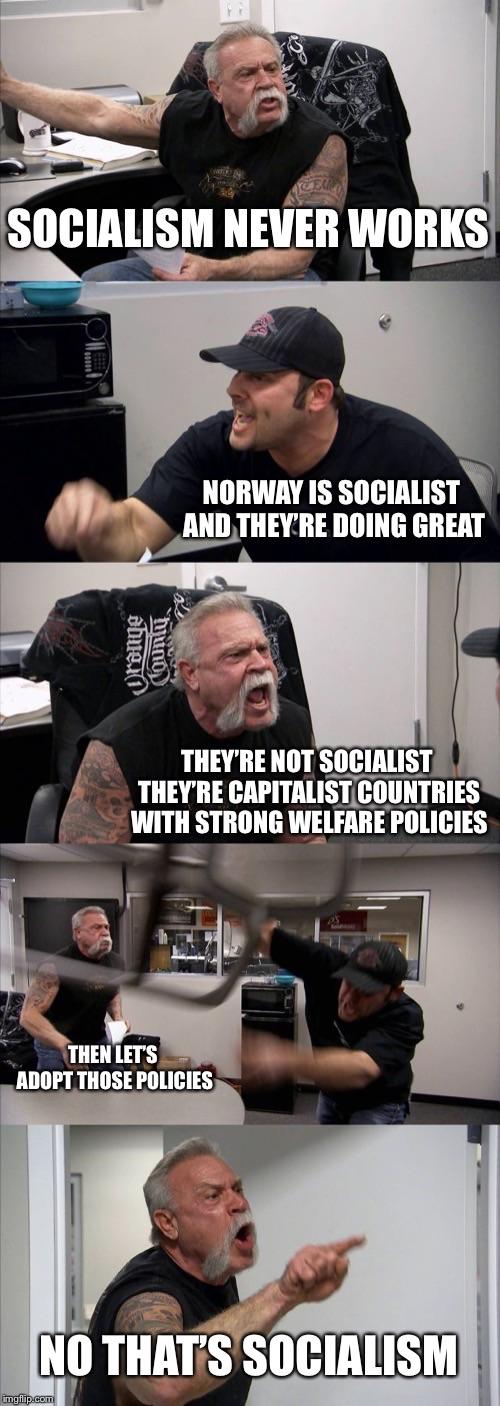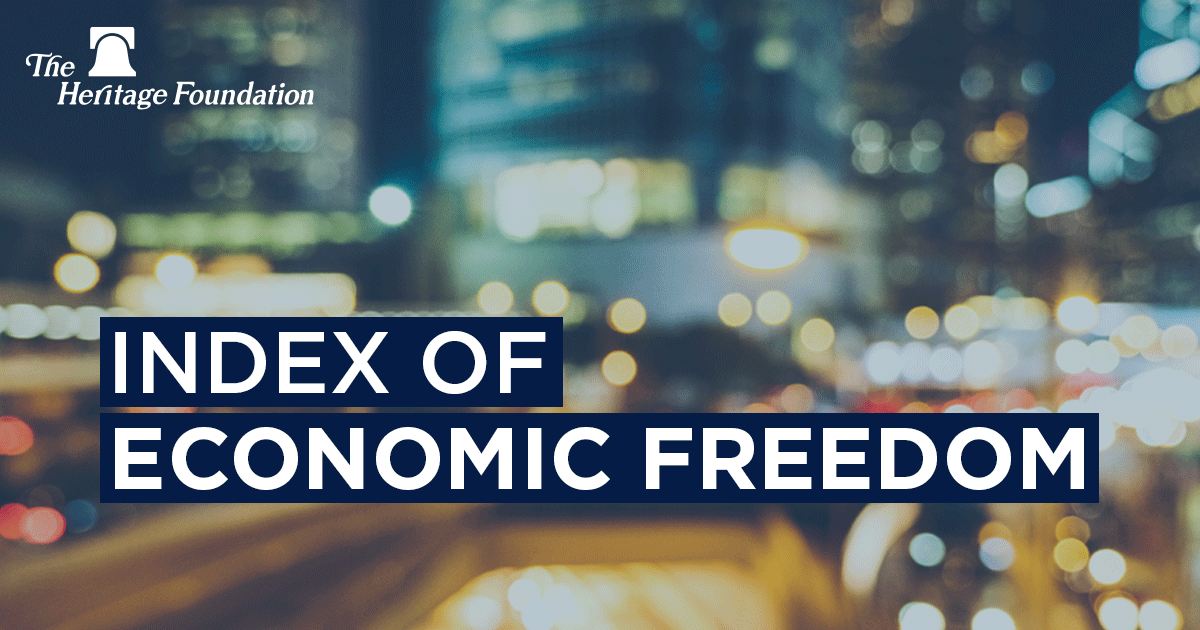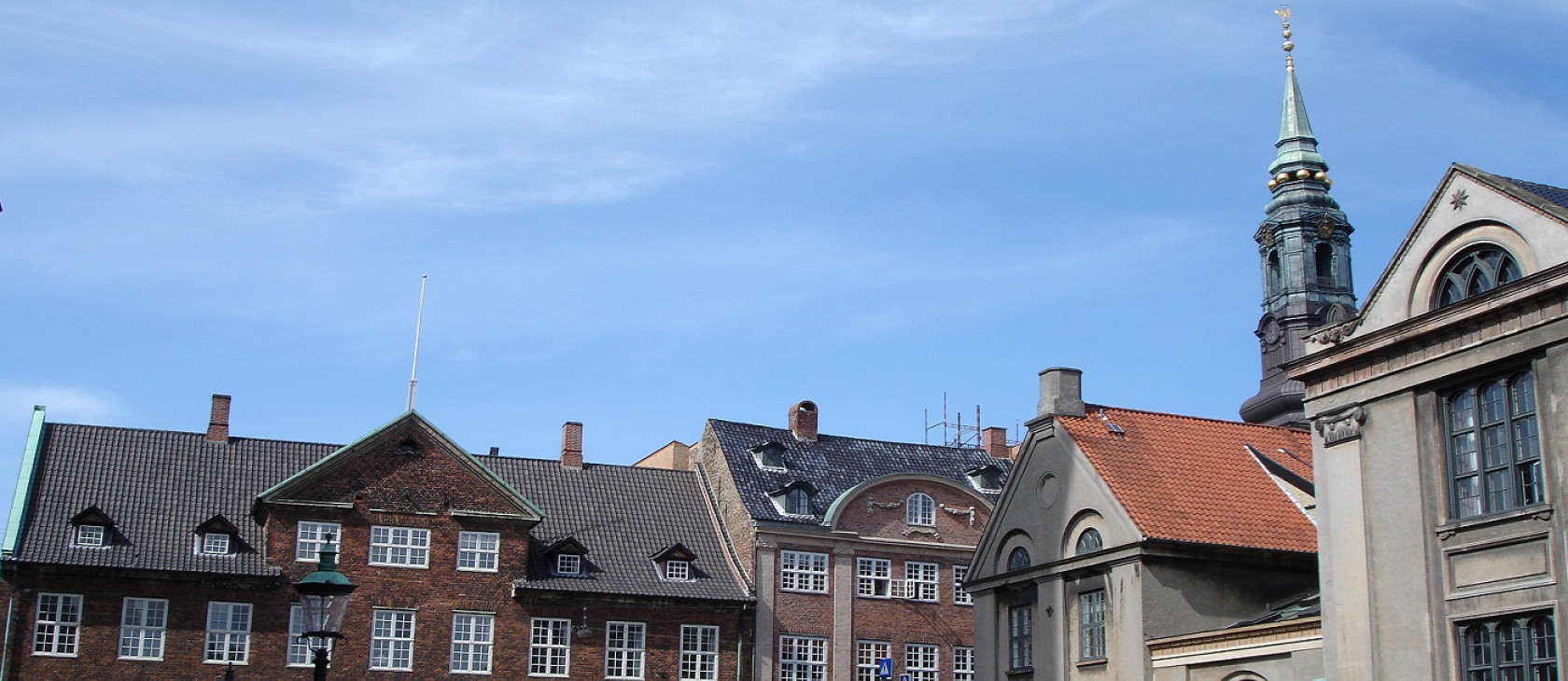At face value, the shortage was caused by a supply crunch due to a producer having to shut down a major factory. There are then a wide range of questions that need to be asked as contributory issues. How did the factory get in such bad condition? Why is so much production dependent on so few providers and facilities? Are US food safety standards reasonable? Is US trade policy appropriate? (And so on).The article also doesn't mention why most of the roadblocks are even in place. WIC issues and the extreme over-regulation of baby formula (which bleeds heavily into trade policy, they are sorta one in the same) caused the baby formula shortage in the US. The shortage did not at all happen due to the system of capitalism, which is my main point. Are you gonna say the shortage was caused by an inherit flaw of capitalism?
Is this an inherent flaw in capitalism? One might point out that capitalism drives efficiency drives consolidation of industries into a handful of major companies, and likewise for those companies to concentrate production into large facilities: both liable to create larger problems when a company or production facility fails. Potentially of course profit motive is also a factor in why the quality standards in the factory fell and led to infected produce, because it's cheaper to be as lax as possible. So I could argue it's just as reasonable to blame capitalism as it is government regulation.
Is this aspect of capitalism an "inherent flaw"? Broadly, no: cheaper stuff is good, especially for the poor. But then we also have to suck up the downsides, too, as you can't have your cake and eat it with premium quality at budget cost. Capitalism has features that provide both advantages and disadvantages: we accept the trade-offs and try to mitigate the problems.
The bottom line is that it was a complex, multifactorial, systemic problem, and any analysis that attempts to lay the blame on one specific issue is almost certainly either superficial or bogus.





